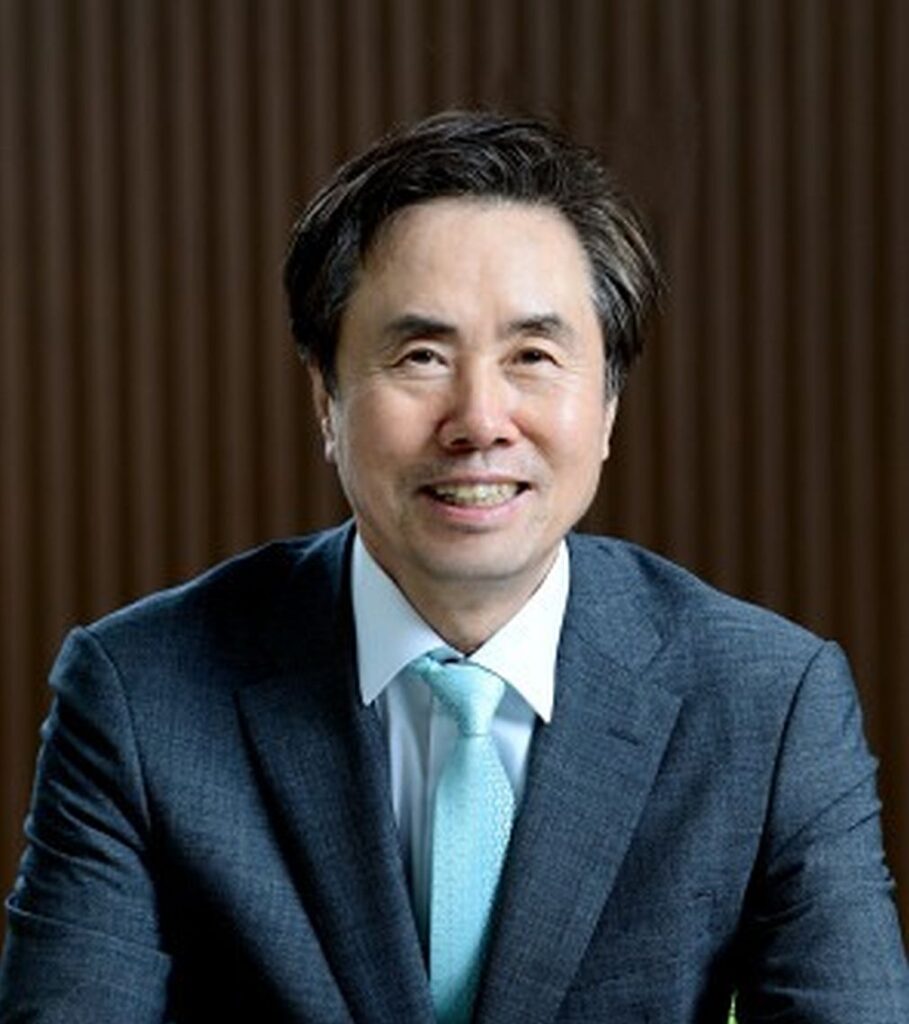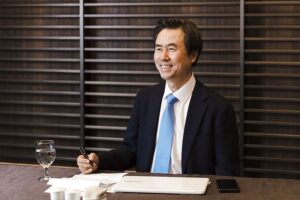The Coffeehouse Revolution: How Enlightenment Thinking Shapes Modern Leadership
From Terror to Tolerance
Originally named Place Louis XV, this space was hastily renamed “Place de la Révolution” when the French Revolution erupted in 1789. It became synonymous with the politics of terror, where King Louis XVI and Queen Marie Antoinette met their fate, and where the revolutionary fervor claimed countless lives in the name of change.
Yet in 1795, something remarkable happened. France chose to rename this blood-soaked ground “Place de la Concorde”—a declaration that the nation was ready to move from revenge to unity, from division to harmony. The French word “Concorde” beautifully captures this transformation: it combines “together” with “cord” (heart), literally meaning “hearts united.”
Building Bridges from the Ruins
Perhaps no symbol captures this transformation more powerfully than the Pont de la Concorde, the bridge spanning the Seine just in front of the square. Constructed in 1791 using stones from the demolished Bastille prison—that ultimate symbol of authoritarian oppression—the bridge literally transformed the materials of repression into a pathway for connection and communication.
This bridge represents more than mere construction; it embodies a philosophy. Where once stood walls that divided and imprisoned, now stretches a bridge that connects and embraces. “Bastille is down, Concorde is rebuilt”—this became the rallying cry of a civilization choosing inclusion over exclusion.
The Enlightenment Café
Across from this transformative square sits Le Procope, France’s first coffeehouse, opened in 1686. This wasn’t merely a café but the intellectual heart of the French Enlightenment. Here, near the Sorbonne, gathered the great minds who would reshape not just France, but the world’s understanding of human rights and democracy.
Voltaire, consuming his legendary 40-50 cups of coffee daily, used caffeine as fuel for reason and debate. Alongside him sat Diderot, d’Alembert, Rousseau, and others who would create the first comprehensive encyclopedia—a collective effort to organize human knowledge and banish the darkness of medieval thinking.
The Twin Spirits: Tolerance and Action
The French Revolution embodied two essential spirits that remain relevant today: Tolerance (acceptance and inclusion) and Yielding (the courage to act). Tolerance meant accepting differences while working toward common goals—sitting down to reason, then standing up to act. It required not just understanding but the courage to defend others’ rights to differ.
This wasn’t passive acceptance but active engagement with diversity as a prerequisite for human progress. The revolutionaries understood that acknowledging human imperfection and diversity was key to building a society that could embrace all its people.
A Global Legacy
The influence of these Parisian coffee house conversations extended far beyond France. Benjamin Franklin, as American diplomat to Paris, became a regular at Le Procope, absorbing Voltaire’s philosophy of tolerance and freedom. This cross-pollination of ideas helped shape American democracy and capitalism, embedding the values of inclusion and freedom at their very core.
Even after the revolution, Le Procope continued as a beacon of progressive thought, hosting the European headquarters of the Black Slave Liberation Movement and serving as a bridge between French revolutionary ideals and American independence.
Lessons for Today’s Leaders
For modern entrepreneurs and leaders, the transformation of Place de la Concorde offers profound lessons. True leadership isn’t about conquest but about creating spaces where different perspectives can coexist and contribute to shared progress. The bridge built from Bastille stones reminds us that we can transform the materials of past conflicts into foundations for future collaboration.
In our current era of global challenges, the French Revolution’s twin spirits of tolerance and action remain as relevant as ever. We must have the intellectual courage to embrace differences and the practical wisdom to act on our convictions. Like the enlightenment thinkers at Le Procope, we need spaces for genuine dialogue—whether physical or virtual—where diverse minds can gather to reason together and then stand up to create positive change.
Civilization, as the French showed us, is ultimately a process of inclusion and harmony. From the terror of Revolution Square to the unity of Place de la Concorde, from the oppression of the Bastille to the connection of the bridge built from its stones, France demonstrated that even the bloodiest conflicts can become the foundation for lasting peace—if we have the wisdom to choose reconciliation over revenge, and unity over division.
About the Author
Professor Kim Ki-chan serves as International President of Indonesia’s Presidential University, Professor at ASSIST, and Honorary Professor at Catholic University’s Department of Management. As President of the World Society of Small and Medium Enterprises (ICSB), he pioneers people-centered business philosophy that integrates entrepreneurship with ESG principles.
With a PhD in Business Studies from Seoul National University, Professor Kim has served as a guest researcher at Tokyo University, MIT International Automobile Program research member, and visiting professor at George Washington University. He has advised major corporations including Hyundai Motor, Samsung Electronics, and POSCO Energy, while serving in key government advisory roles.
His notable works include “People-Centered Entrepreneurship” (2018), “What an Exciting Innovation” (2019), and “See the World Through the Eyes of a Plate” (2015). He continues to expand business education and exchange with ASEAN nations as co-representative of the Kim Kyung ESG Forum and President of the Korea Indonesia Business Society.


